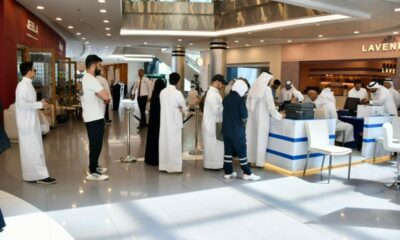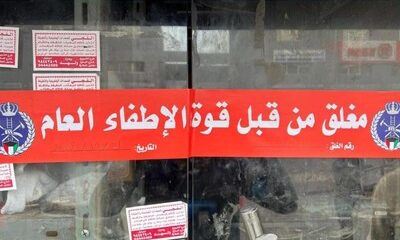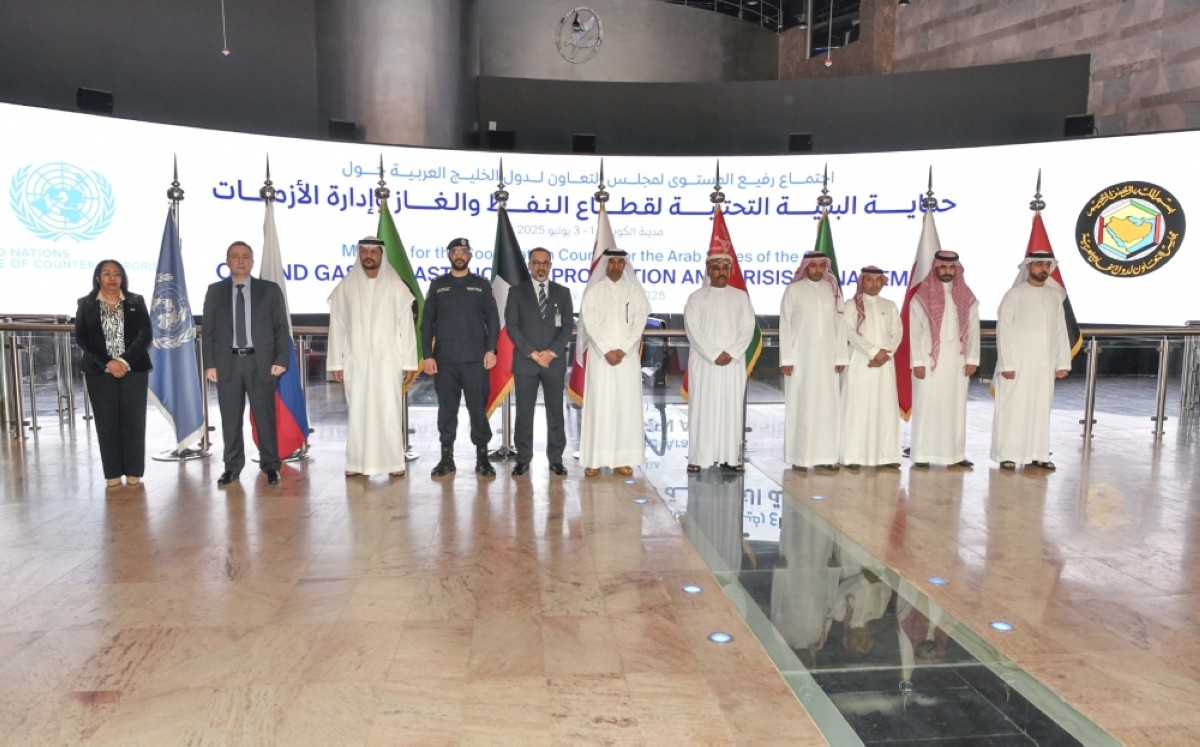KUWAIT: A wave of relief has swept across Kuwait’s expatriate community following the launch on Sunday of a new service on the Sahel app that allows non-Kuwaiti residents to update their civil ID address online. The long-awaited feature replaces a chaotic, time-consuming process with a simplified digital solution, ending months of frustration over the lack of appointments, unclear requirements and a growing reliance on unofficial intermediaries.
In recent months, residents have voiced growing concerns about the increasingly difficult process of changing addresses. With no available appointments, a confusing list of required documents and the threat of fines or suspended services, many turned to unlicensed brokers — sometimes paying up to KD 130 — just to update their details. But since the government announced the addition of the address service to Sahel, the tone online has shifted dramatically.
“Booking an appointment was a major issue. People began selling appointments, and some transactions were halted due to address problems,” wrote Salim Albadawi on Instagram, reacting to the announcement posted on PACI’s official account. Others shared their reactions in the comments section of Kuwait Times’ Instagram post, with user Hassan Mir simply exclaiming, “Finally!” while another, identified as Safy, described it as “an excellent step forward” on another local news post.
Christian Varon, a 33-year-old Colombian who works at a coffee shop in Kuwait, is among those optimistic. “The new service seems really helpful. Just with some clicks, you can complete the process,” he told Kuwait Times.
With his civil ID set to expire in three months, Varon feels the pressure to act, hoping the new system will finally cut through the bureaucracy. “It’s supposed to be easier now. Before, you had to wait forever for appointments, and even when you got one, you often ended up going back to the government office two or three times. They keep sending you from one employee to another,” he added.
While many residents welcomed the digital shift, some expressed confusion over how to use the new service. “What are the steps?” one commenter asked — a sentiment echoed widely across social media. According to the app’s guidelines, expatriates will need to submit several documents, including a sublease contract, proof of ownership, employer authorization and a signed declaration form to complete the request.
One Indian resident who has been struggling to resolve his address change issue for five months immediately tried using the app after the launch. He shared with Kuwait Times that the transaction was promptly approved after submitting all required documents, receiving a confirmation message that read, “Your request has been successfully received. It will be processed within the next three days.”
However, not all residents are able to access the new feature. For those whose addresses were previously removed from PACI’s records, the Sahel app reportedly does not open, preventing them from using the very tool intended to assist them. “Without an address, the Sahel app won’t open. How do we update the address using the app?” one resident asked. Another, Mahmoud Znaty, commented, “If someone’s address was removed and Sahel isn’t working for them, how can they use the service?”
These questions highlight a lingering gap in the system: Although the Sahel update is a significant step forward, it remains inaccessible to a segment of the population affected by PACI’s recent address cleanup. For those still unable to access the app, the only option may be to go through the old process — booking an online appointment and waiting indefinitely for an open slot.
The root of the issue dates back to last year, when the Public Authority for Civil Information intensified efforts to eliminate fake or overcrowded housing registrations. The campaign included a new regulation requiring residents to register a valid address within 30 days of moving — or face heavy fines and potential legal action.
The sudden changes and lack of official guidance led many to rely on social media videos not produced by experts or to pay third-party services and unlicensed typists for assistance. “Every time we try to sign up for an appointment, it is fully booked,” a Palestinian resident told Kuwait Times earlier this year. “This should be easy. You book an appointment, gather the paperwork and visit the department simple.”
Now, the new Sahel feature appears to be a direct response to that pressure. Yet while many are optimistic, the rollout has not resolved all issues. “I hope the process for making changes is simple,” Ibrahim Tawakol wrote — capturing the cautious optimism shared by many.

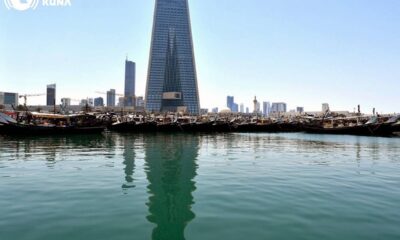
 Latest News23 hours ago
Latest News23 hours ago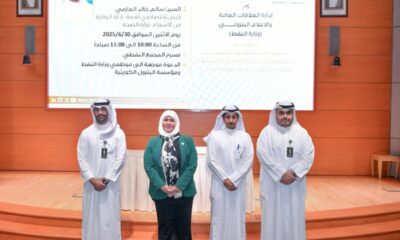
 Latest News22 hours ago
Latest News22 hours ago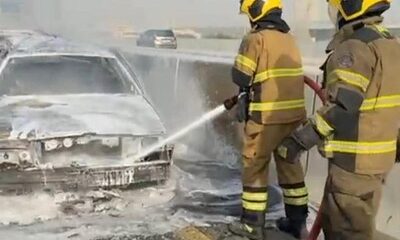
 Politics14 hours ago
Politics14 hours ago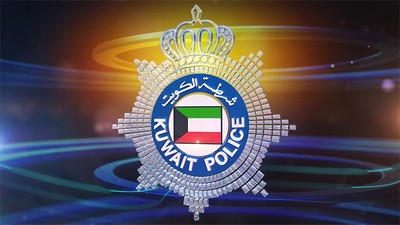
 Politics24 hours ago
Politics24 hours ago
 Politics22 hours ago
Politics22 hours ago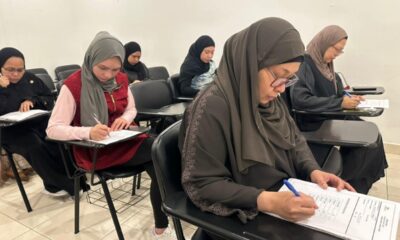
 Latest News21 hours ago
Latest News21 hours ago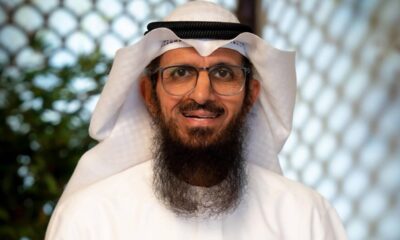
 Latest News20 hours ago
Latest News20 hours ago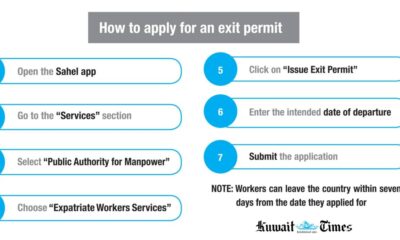
 Latest News8 hours ago
Latest News8 hours ago
